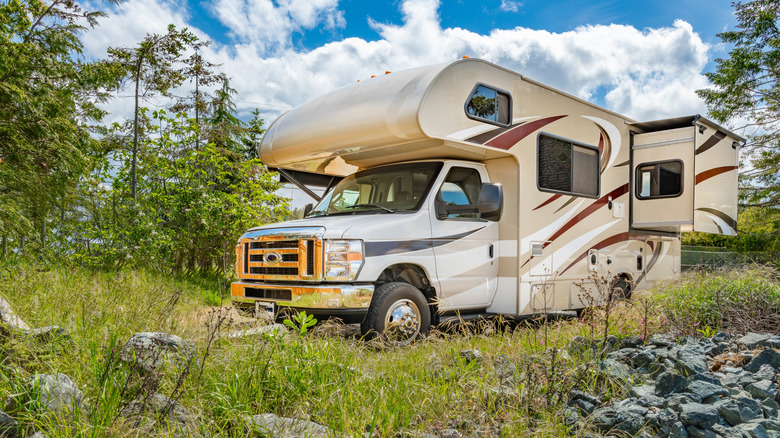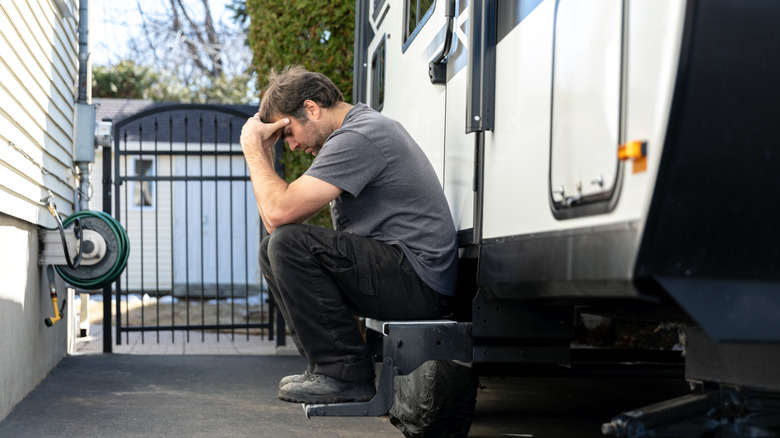We live in some very bleak times right now. Everything is getting more expensive — especially our housing. That’s why, as those costs rise well beyond what many families can afford, more and more Americans are looking for shelter outside the traditional housing market. They’re moving into RVs. It’s a worrying trend that shows just how much wealth inequality has grown in this country.
About 486,000 people in the U.S. now live in RVs full-time, which is about twice as many as in 2021, according to an in-depth report by NBC News. About a third of people who live in RVs have children, and a vast majority of them earn less than $75,000 per year. Census data backs this up. In 2023, it was estimated that 342,000 people were living in an RV, boat or van — up 41% from 2019. This is… not great.
No, this isn’t some sort of #vanlife social media craze, either. This is a last resort for hundreds of thousands of folks who are just looking to make ends meet in a world that has left them behind. Following the pandemic, housing costs have soared and show no signs of coming down. The gap between the median household income and how much income is necessary to afford payments on a median-priced home reached a near 10-year high in 2024, according to NBC News, and it’s not going to be better when all is said and done this year. When you add on the slowing labor market, things just get that much harder. Unemployment benefit applications jumped in September to their highest levels in nearly four years, and it’s not like groceries, gas and electricity are getting any cheaper.
When an RV is your only choice
Some of the people NBC spoke to say living in an RV full-time has freed them up financially to build their savings and pay down debt. Others have touted some unexpected benefits, like a feeling of community among other permanent RV residents and the ability to spend more time with their children. Of course, living in an RV is extremely far from what it’s cracked up to be, as NBC explains:
But while an RV might seem like an economical choice, it can come with unexpected costs and challenges. RVs aren’t built for full-time living, so the added wear and tear can lead to costly repairs, like broken air conditioning in the middle of summer or leaking pipes that leave owners taking a shower out of a bucket. The perpetual moving among campsites can make it hard to hold a job or find reliable child care. RVs also don’t compare to a traditional home when it comes to withstanding extreme weather. Flash flooding in Kerrville, Texas, earlier this year washed away an entire RV park of 28 trailers.
“RVs are recreational vehicles; they are a vehicle, they are built for temporary recreational use. That is how they are built and intended to be used,” said Monika Geraci, a spokesperson for the RV Industry Association.
It’s not like RVs are free either. In a lot of ways, they’re rather expensive to keep going. Unlike a traditional home, they depreciate rather quickly: something your house more than likely isn’t going to do. Loan terms are also going to be spread out over long periods of time to lower monthly payments — especially if you’re hard-up on cash. That can quickly leave borrowers underwater, putting them in an even deeper financial hole than they’re already in.
If you’re interested, I highly recommend you check out NBC News’ full expoé on this relatively new phenomenon. Reporters talked with a slew of folks who were forced out of their homes and into RVs. It gives a really interesting look into their lives, where they are and how they’re making the best of a deeply unfortunate situation.




